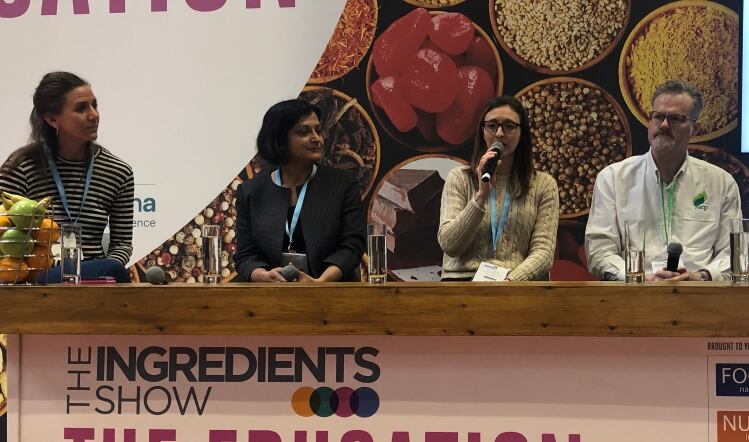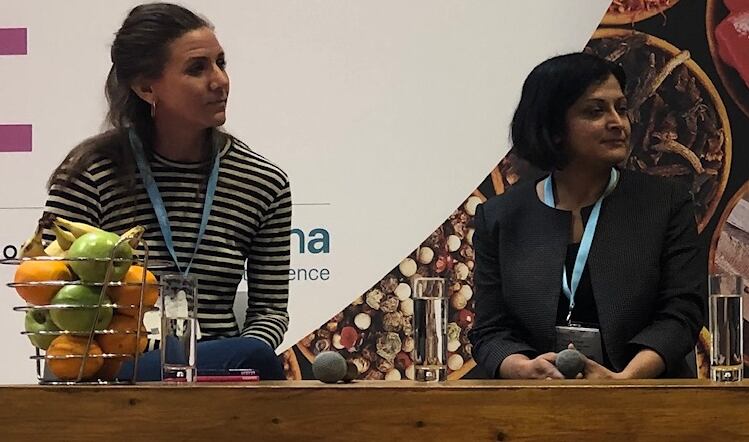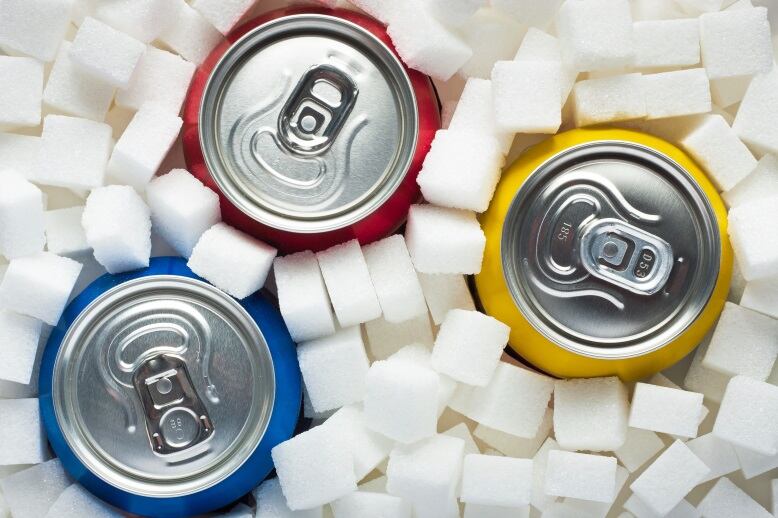Speaking at this year’s Ingredients Show at Birmingham’s National Exhibition Centre, a panel of experts in the field of sugar supplements asked if focusing too much on sugar was the wrong direction for the industry.
Steve Osborn, director and technology scout at consultancy the Aurora Ceres Partnership, said: “We just lump [sugars] all in together and that’s confusing the consumer at the end of the day. Should we pare back this whole debate and say, actually, we got fat wrong 30 years ago and – surprise surprise – we got sugar wrong five years ago.
“Maybe we should stop and rethink it all again? There’s data that came out last week (3 April) that one in five deaths worldwide are diet related. Sugar didn’t feature on that list – salt is still number one – so are we having the wrong debate?”
Misleading term
Vice president of global nutrition at Tate & Lyle Kavita Karnik suggested that sugar was a misleading term from a chemical perspective and the focus should be on differentiating between so-called ‘good carbohydrates’ versus ‘bad carbohydrates’.
“We tend to go through this upside-down. Every five years we tend to have something else to blame and generally … we tend to look for a magic bullet that doesn’t exist,” she explained. “Calorie reduction is probably more important than blaming one nutrient at a time.”
Meanwhile, Stephanie Seege, founder of confectionery manufacturer Kaakao, urged manufacturers and policy-makers to take responsibility to educate consumers on the differences between artificially made sugars and natural sweeteners and eliminate any confusion generated in labelling the products that use them as ingredients.
Understand what you’re eating
“We need to begin to differentiate between what is naturally occurring, not processed and the rest,” she added. “I’m not saying the rest is bad per se, but if you don’t understand what you’re eating, then that’s a bit of an issue.”
Karnik said she understood the attraction of a clean-label product, but argued that, on a scientific level, eating natural or manufactured sugars bore no difference on the body.
“Does honey do anything different when it gets into the body than cane sugar? No. We can argue what happens to the microbiota, but acutely consuming a spoonful of honey in your coffee versus a spoonful of white sugar makes no difference.”





